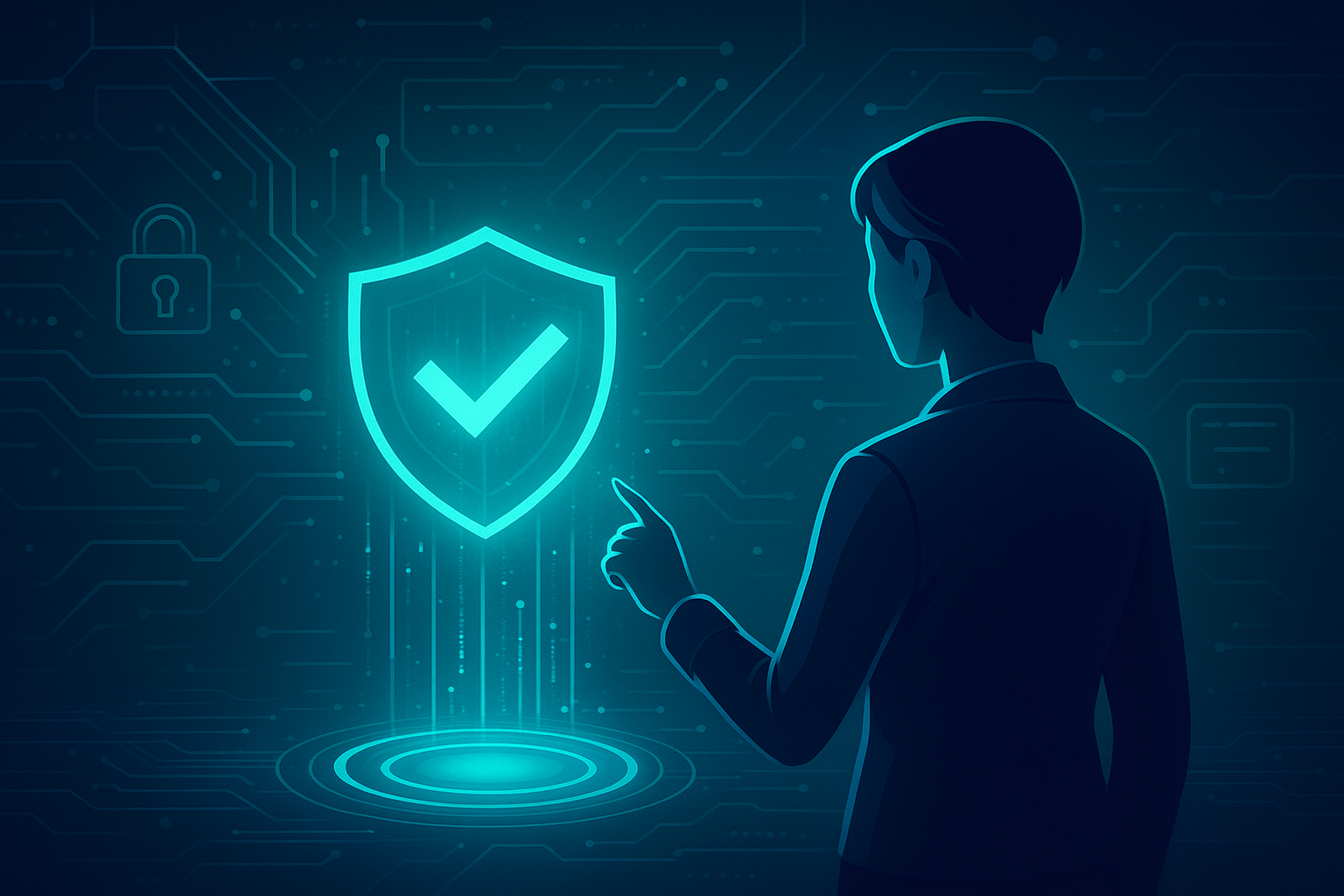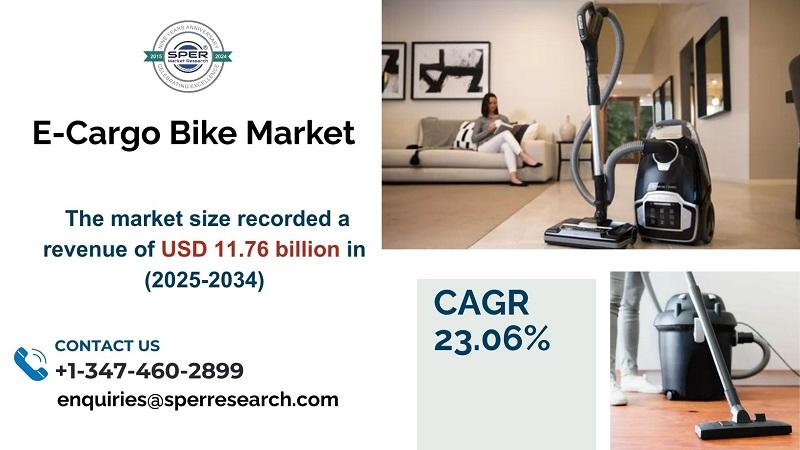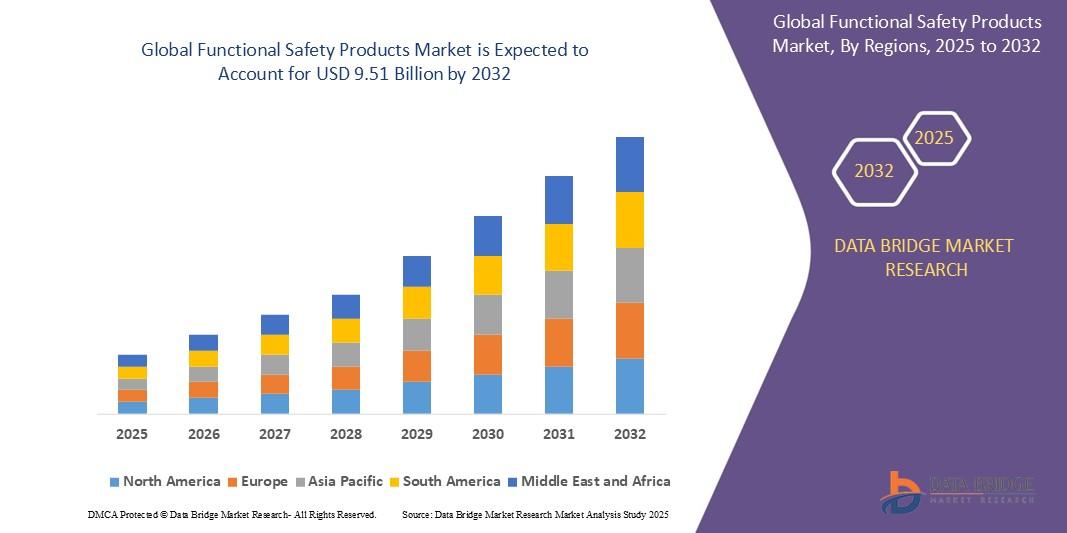How Zero Knowledge Proof Helps Build Trust in Digital Identity Authentication

With increasingly online lives, identity authentication is where trust starts. Whether a user logs into a bank, signs into a government website, or onboards onto a new platform, consumers are asked repeatedly to authenticate.
But traditional identity systems rest on a faulty model: the more information you gather, the more secure you become. The more details you offer — name, birthday, address, national ID number, biometrics — the more vulnerable you are to identity theft, data breaches, and surveillance.
Step in Zero Knowledge Proof (ZKP) — a sophisticated cryptographic solution that allows someone to prove something is true without revealing the underlying data. When applied to digital identity verification, ZKP don't just increase security — they redefine trust.
The Problem with Traditional Digital Identity Verification
Digital identity schemes are increasingly run by collecting, storing, and verifying sensitive user data. For example:
To confirm that you're older than 18, you may share a photo of your ID.
To register for a service, you might share your name, address, and national ID.
This design has serious problems:
Privacy Vulnerability: Sharing too much data exposes higher attack surface.
Data Breach Risks: There are high chances of hackers hitting centralized databases.
Compliance Overhead: Companies must adhere to stringent data protection regulations like GDPR and CCPA.
Lack of Control: Users have no sight and control over where and how their data is being used.
Trust in digital identity systems is fading. But there is a better option.
How Zero-Knowledge Proof Solves This
A Zero Knowledge Proof enables one to prove that they possess some credentials or are under some conditions without revealing the underlying information.
For digital identity verification, this means that users can prove:
They are over 18 — without sharing their date of birth.
They are a citizen of a country — without sharing their location.
They have a verified government ID — without sharing a scan.
Let's see how ZKPs create trust in digital identity:
1. Privacy-Preserving Verification
ZKP allow for selective disclosure. Only the minimum required information is revealed, keeping privacy risks at a minimum and user trust in the system.
2. Data Minimization by Design
Because ZKPs don't involve transmitting or storing raw personal data, identity providers and service platforms can more readily comply with privacy law and lower the liability of breach.
3. More Secure Proof of Authenticity
ZKP is proven to be mathematically correct and tamper-evident. Proofs are valid or not valid — eliminating confusion and potential for deceit.
4. User Control and Consent
With decentralized identity infrastructure (most founded on blockchain), ZKP give users control over their identity credentials. They can prove their status or entitlement without exposing unwanted information — taking power back to the user.
Global Adoption in 2025
Technology companies and governments are now piloting ZKP based identity wallets, allowing citizens to securely access services while preserving confidentiality.
Banks are using ZKP to perform KYC authentication without having documents. Universities are providing ZKP based certificates so that the graduates can prove their degree without revealing transcripts.







